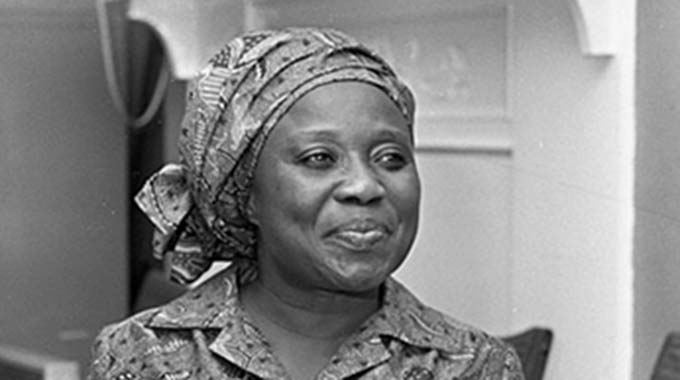SA: Consumers spent R93bn over festive season

Consumers spent R93 billion over the festive season, a 35 percent improvement compared with December 2020.
This is according to BankservAfrica’s point-of-sale (POS) data of transactions processed.
While a Summer Spending survey conducted by short-term lender Wonga projected that consumers would pump R250 billion into the economy and spend an average of R6 326 over and above their usual monthly expenses, this is still a comeback from December 2020 when tough lockdown levels prohibited restaurants, bars, and shops from selling alcohol and were forced to operate within curfew times.
According to BankservAfrica, the highest value of spending occurred at supermarkets and grocery stores, with consumers spending R18 billion (an 8 percent annual improvement) — partly on Christmas lunches and braais that tend to feed larger groups of people than usual over the festive season.
Service stations earned R6 billion (29 percent year-on-year growth) and clothing stores R3 billion (a 66 percent increase).
“The volume of transactions totalled 121 billion, which was a 10 percent growth on the 110 billion reported in December 2020,” says BankservAfrica head of customer relations Solly Bellingan.
Relief for retailers and restaurants
“December 2021 certainly carried stronger spending compared to last year’s holiday period, which would have given a boost to the economy and relief to industries following the challenging 2021.”
The data also reveals that volumes were the highest at eating places and restaurants, reflecting a 26 percent year-on-year improvement and a total value of R2 billion sales.
According to senior equity analyst at Sasfin Bank Alec Abraham, the key factor behind the increased spending was the almost non-existence of restrictions.
“While overall employment numbers are still well below pre-pandemic levels, the small improvement in informal employment and the small improvement in real formal wages in the run-up to the holiday season could also have potentially contributed to the pick-up in sales over the previous year,” he says.
BankservAfrica echoes these sentiments, stating that the relaxed lockdown levels in December 2021 may have been the reason for the stronger spending seen even in the days after Christmas as well as the days leading to New Year.
“On New Year’s Eve, spending reached R2 billion, which was 41 percent higher than 31 December 2020,” it says.
“The 2021 volumes were [over] 4.5 million or 32 percent higher than the previous year.
“The amount of cash circulating in South Africa was also in high numbers in December 2021. BankservAfrica’s Integrated Cash Management Service [ICMS] data showed commercial banks placed a combined total of R89 billion in physical cash orders for their respective ATM and branch networks over the [festive] period. This was a minor 1 percent down from the R91 billion total in December 2020.”
Back to reality …
Despite the spike in spending, Abraham notes that the trend is not likely to continue into the rest of 2022, as the economy paints a grim picture of what’s ahead.
“I think there are major headwinds that are likely to retard this trend in 2022, namely higher interest rates and higher inflation, both eroding consumers’ spending power.
“Not to mention the fact that employment numbers are nowhere near pre-pandemic levels, with a dim outlook considering the SA economy is still in desperate need of structural reform. There’s been lots of talk, but no results to speak of yet.
“And what’s more, the outlook for this is also bleak because the ANC members are most likely going to be caught up in political jockeying for position ahead of the elective conference in December, and no one will keep their eye on the economy.’’ — Moneyweb.









Comments